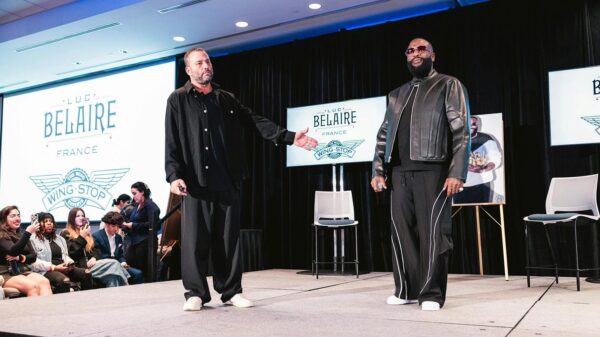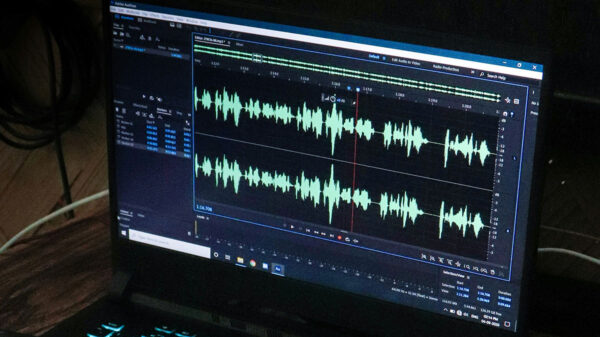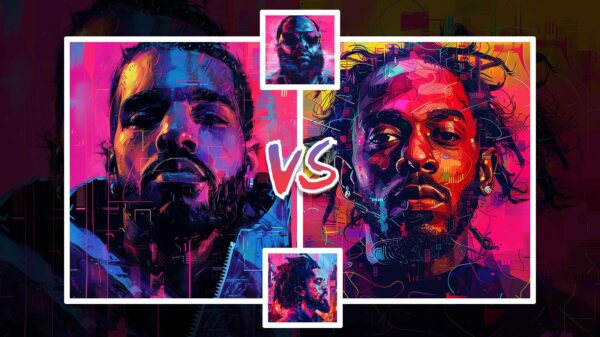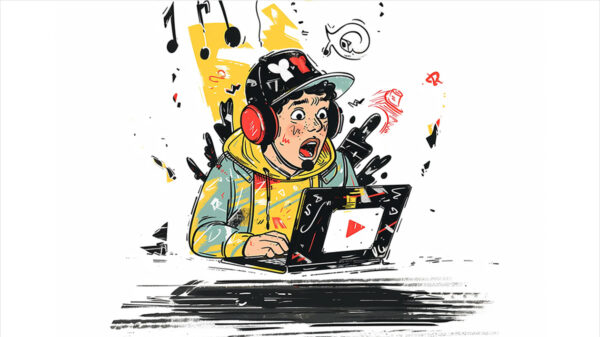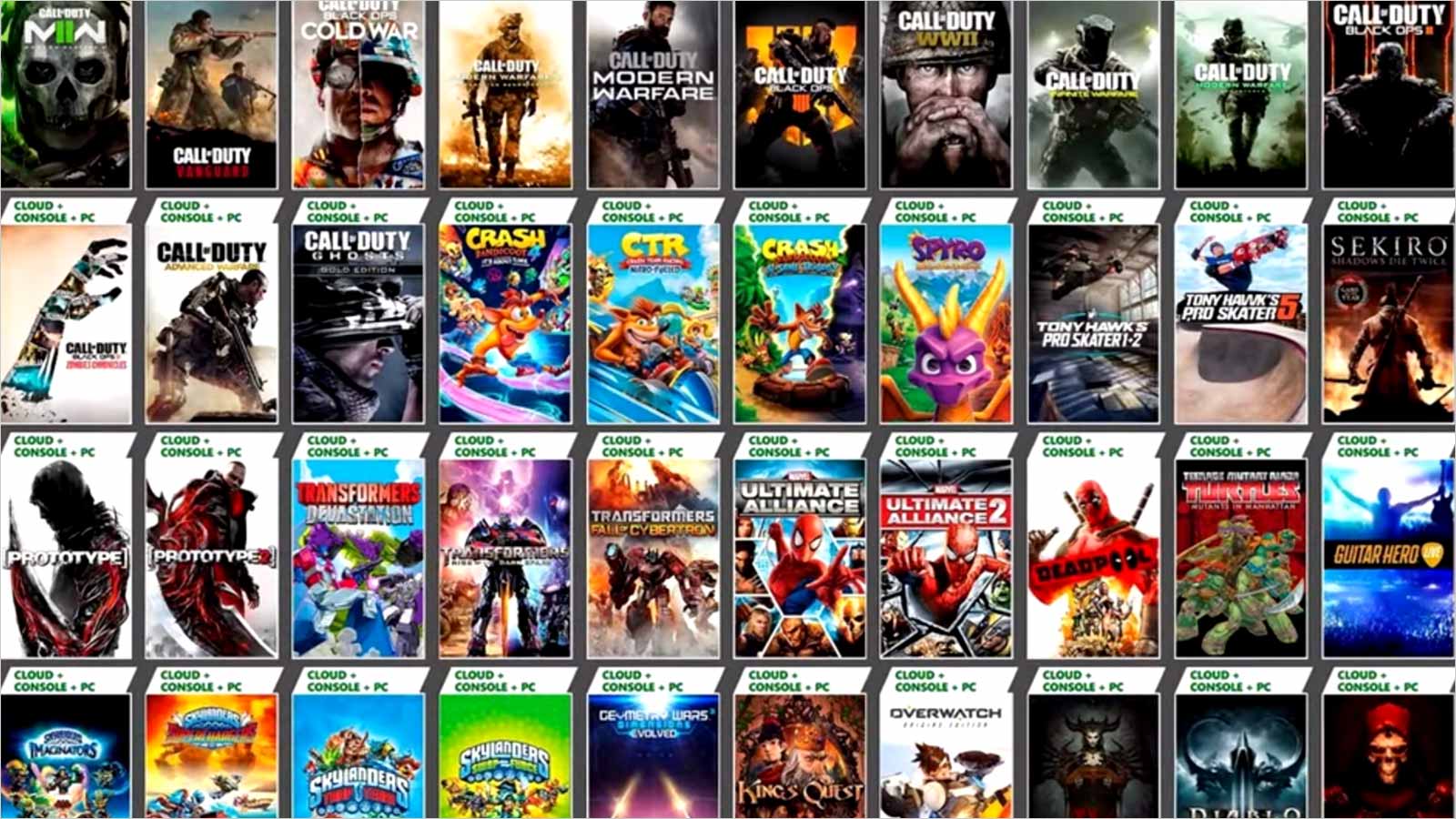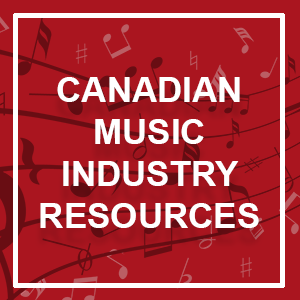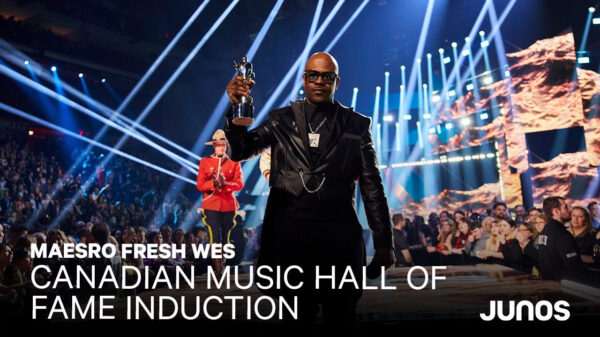Microsoft’s proposed US$68 billion (£52 billion) acquisition of video game maker Activision Blizzard should be allowed to go ahead, according to a US federal judge. After five days of gruelling testimony, Judge Jacqueline Corley ruled the merger is unlikely to result in a substantial lessening of competition across the markets for video game consoles, multi-game subscription services and cloud streaming.
The ruling paves the way for Microsoft to finally consummate the merger after nearly a year and a half of regulatory scrutiny. Yet US competition authority the Federal Trade Commission (FTC) has taken the rare step of appealing the decision.
With the UK’s Competition and Markets Authority (CMA) also blocking the deal, it could still fail to conclude before an agreed completion deadline between the companies of July 18. So what are the main issues and how is this likely to play out?
Cloud gaming
Microsoft owns the Xbox gaming console and makes games like Minecraft and Age of Empires. California-based Activision is one of the largest games makers in the world, with franchises like Call of Duty, Diablo and Candy Crush.
Cloud streaming is viewed by many as the future of gaming. Microsoft’s xCloud streaming service competes with Amazon’s Luna, Nvidia’s GeForce Now and Sony’s PlayStation Plus – alongside several smaller services such as Boosteroid, Gamestream and Ubitus.
Microsoft’s xCloud currently holds around 60%-70% market share, which is mostly attributed to the service being bundled with the popular Xbox Game Pass Ultimate subscription service. The next largest competitors, Nvidia and Sony, have around 10% to 20% share each.
So far, however, cloud gaming has struggled to take hold with consumers. Compared to video streaming, it is computationally more demanding. This makes it prone to latency, which degrades the user experience. Services have also struggled to successfully differentiate themselves by offering exclusive games.
The most notable failure to date is Google’s Stadia, which shuttered in January 2023 after less than four years. Yet as a whole, the segment is expected to keep grinding upwards, capturing 6.2% of gaming in 2027 compared to 3.8% today, with revenues rising from US$4.3 billion to US$18.7 billion.
Regulatory differences
The proposed merger has already been approved in 40 countries, with ten regulators clearing the deal unconditionally, including Brazil, China, Japan, South Africa and South Korea. The European Commission (EC) was among those that cleared the deal with conditions. These related to ensuring Activision games wouldn’t be restricted to Microsoft’s cloud gaming services but could be played on any platform.
Key to the US and UK authorities taking a more restrictive view are the questions of what cloud gaming is, how it will develop over the next ten years and the extent of Microsoft’s dominance – especially after it integrates Activision’s portfolio.
The first key point of contention is whether cloud gaming constitutes a separate market or a mere method of distribution that is embedded in the broader distribution ecosystem. The UK and US competition authorities both view cloud gaming as a “distinct market” that needs to be protected from a large technology incumbent. On the other hand, Judge Corley called it a “potential alternative delivery mechanism” that is embedded within console and PC gaming platforms and does not need to be treated as a separate antitrust market.
I agree with her. Earlier this year I submitted a report to the CMA titled Cloud Gaming Is Not A Distinct Market. My main point was that the cloud platforms both operate in very different ways and are deeply embedded in other distribution methods like console and PC gaming.
For example, a consumer can only stream games on Nvidia’s GeForce Now if they own them on a traditional distribution platform such as Valve’s Steam. Equally, the vast majority of Micrsoft xCloud users access the service from their Xboxes, and 80% of them access streaming to sample and play games while waiting for their downloads to finish in the background.
The second issue concerns whether Microsoft’s acquisition will harm consumers in cloud gaming. Paramount here are the various licensing agreements for all Activision games that Microsoft has offered to rival providers like GeForce Now and Boosteroid, conditional on the merger being approved. These contracts are ultimately what secured EC approval.
The CMA has traditionally taken a dim view of such licensing deals due to potential challenges around enforcing contracts, but Judge Corley also took a more positive stance. She and the EC both thought the deals would end up enhancing competition. In my view, making Activision games available on more cloud platforms could spur adoption by consumers. It might also end up benefiting other games makers.
What next
The next few days will be crucial. The terms of the deal stipulate that Microsoft must consummate the merger by July 18, or pay Activision US$3 billion in termination fees. Yet blocking the way are the FTC appeal and the CMA in the UK.
The CMA signalled it was willing to negotiate with Microsoft after the US ruling, but has since tempered any expectations of a quick resolution. As it stands, Microsoft is taking its case to the UK Competition Appeal Tribunal.
It seems unlikely that all outstanding issues will be resolved by July 18. This begs the question of whether Microsoft and Activision will risk closing the deal anyway, which could see them forced to de-merge later. Alternatively they might feel they have to extend and renegotiate the terms.
In the midst of this drama, a notice has circulated stating that Activision will get delisted from the Nasdaq-100 index as early as July 17. This suggests the firms may indeed be preparing to close the deal. We should soon find out if it is going to set a new high score for video game acquisitions or whether it is game over for Microsoft and Activision.
Written by Joost Rietveld, Associate Professor in Strategic Management, UCL
This article is republished from The Conversation under a Creative Commons license. Read the original article.
![]()
5 Ways to Support HipHopCanada:
- Submit Your Music
- Follow Canadian Fresh (HipHopCanada’s Spotify Playlist)
- Follow us on Instagram
- Follow us on X (Twitter)
- Like us on Facebook





